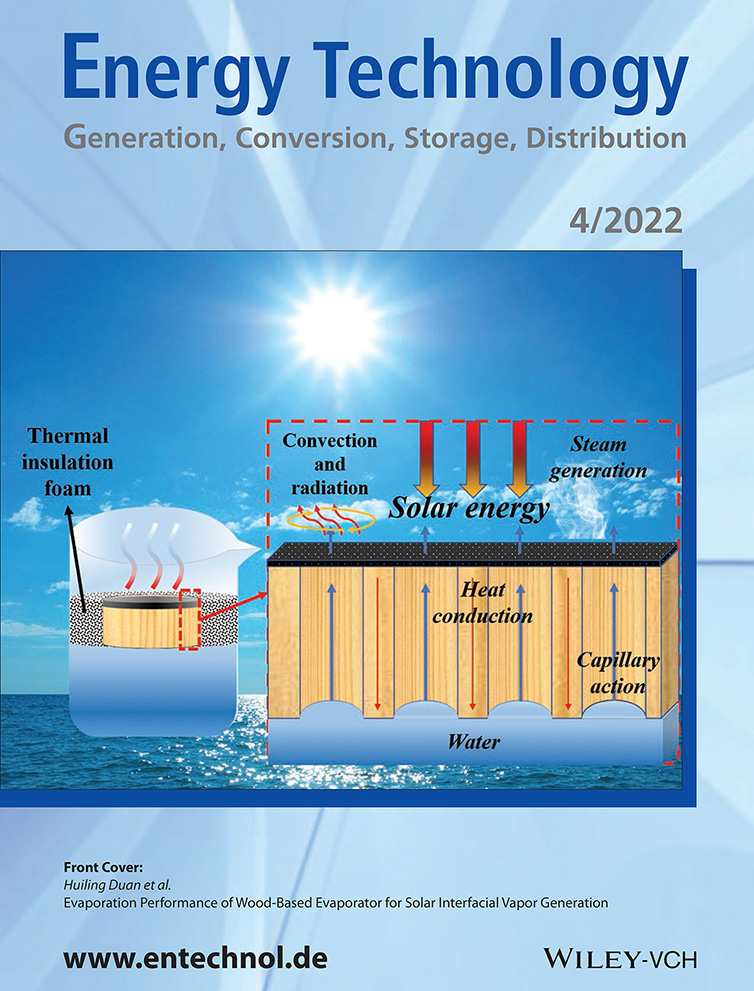Theoretical and Experimental Investigation about the Influence of Peltier Effect on the Temperature Loss and Performance Loss of Thermoelectric Generator
Abstract
Thermoelectric generator (TEG) has great potential in low-grade waste heat recovery and there is some research on the influence of the Peltier effect on it. However, most of them only consider the total performance changes, such as the variation of power and efficiency due to the Peltier effect, and ignore the impact of the Peltier effect on the temperature of TEGs, which is the core reason of performance changes. To investigate how the Peltier effect affects the temperature loss at the two sides of TEGs, respectively, an experimental setup is built and an analytical model is derived. The result shows that the temperature loss at the cold side is less than that of the hot side. The power loss has a linear relation with the product of the temperature difference and temperature loss. The maximum loss of power, energy efficiency, and exergy efficiency occurs at a particular load range. Within that range, power, energy efficiency, and exergy efficiency reach the maximum, respectively. According to the results, the suggestion of thermal resistance optimization for TEGs is provided.
Conflict of Interest
The authors declare no conflict of interest.
Open Research
Data Availability Statement
Research data are not shared.




